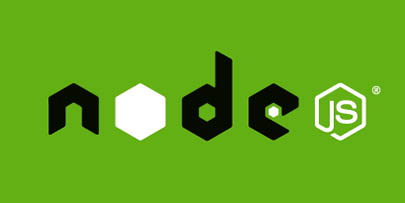
In this tutorial, we will show you how to install and configuration of Node.js on CentOS 8. For those of you who didn’t know, Node.js is a Javascript platform for programming that enables users to build network applications very quickly. If you are using Javascript on both the front-end and the back-end, it means your development can be much more consistent and be designed within the same system.
This article assumes you have at least basic knowledge of Linux, know how to use the shell, and most importantly, you host your site on your own VPS. The installation is quite simple and assumes you are running in the root account, if not you may need to add ‘sudo‘ to the commands to get root privileges. I will show you the step-by-step installation of Node.js on a CentOS 8 server.
Prerequisites
- A server running one of the following operating systems: CentOS 8 or RHEL-based.
- It’s recommended that you use a fresh OS install to prevent any potential issues.
- An active internet connection. You’ll need an internet connection to download the necessary packages and dependencies for Node.js.
- SSH access to the server (or just open Terminal if you’re on a desktop).
- A
non-root sudo useror access to theroot user. We recommend acting as anon-root sudo user, however, as you can harm your system if you’re not careful when acting as the root.
Install Node.js on CentOS 8
Step 1. First of all, make sure that all packages are up to date.
sudo dnf update sudo dnf groupinstall "Development Tools"
Step 2. Installing Node.js on CentOS.
Node.js and npm can be installed from the standard CentOS repositories. Check the available Node.js package contained in the Application Stream Repository using the following command:
sudo dnf module list nodejs
Next, install the default Node.js module by running the following command:
sudo dnf module install nodejs
If you are a developer, you can use the development profile to install the libraries that enable you to build dynamically loadable modules:
sudo dnf module install nodejs/development
Verify your version of Node.js installed:
$ node -v v10.16.3
Congratulations! You have successfully installed Node.js. Thanks for using this tutorial for installing Node.js on CentOS 8 system. For additional help or useful information, we recommend you check the official Node.js website.